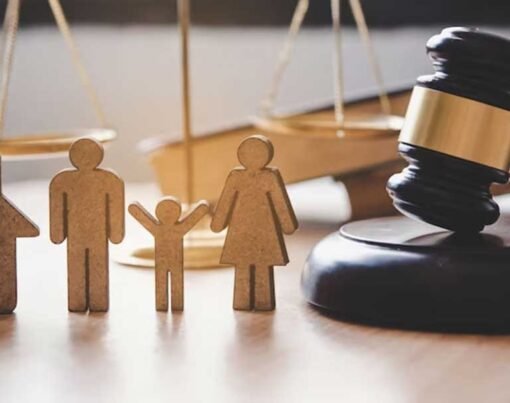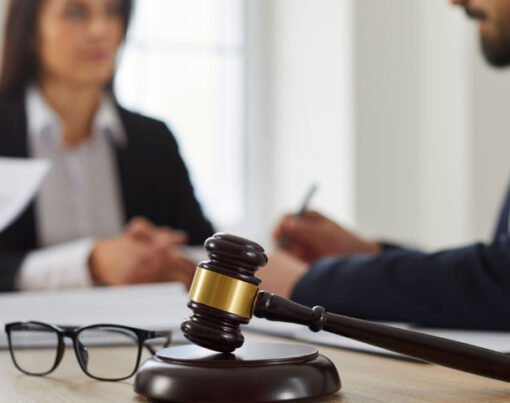Car accidents can be incredibly stressful and confusing, especially in the moments immediately following the incident. Knowing the right steps to take can help you stay calm and ensure everyone’s safety. In North Charleston, car accidents are a common occurrence, with the city seeing a significant number of collisions each year.
According to an online resource, Insurify, which compares auto insurance rates, North Charleston, South Carolina, ranks 12th nationally for cities with the most car accidents. They also found that around 2 in 10 drivers (18.06%) in Charleston had a car accident on their records. All these factors highlight the importance of being prepared. This step-by-step guide will discuss what to do after a car accident, helping you handle the situation effectively and protect your rights.
Table of Contents
1. Ensure Safety First
First, make sure everyone is safe after a car accident. Check yourself and your passengers for injuries. If anyone is hurt, call emergency services right away. To avoid traffic blockage, it’s better to move your vehicle to the side of the road, only if it’s safe and possible. Turn on your car’s hazard lights to alert other drivers.
If you can’t move your vehicle or it’s not safe to do so, stay inside fasten your seatbelt and wait for the help. Your safety is the top priority, so take all necessary precautions to avoid further harm.
2. Understand Your Legal Rights
Understanding your legal rights after a car accident is crucial, especially if you’ve suffered severe physical injuries. In such cases, seeking help from the best injury lawyers in North Charleston can be very beneficial. Injury lawyers specialize in personal injury cases and can help you navigate the complex legal process. They can assist you in filing a claim for compensation, which can cover medical expenses, lost wages, and other related costs.
Consulting an injury lawyer ensures you receive the compensation you deserve, allowing you to focus on your recovery without the added stress of financial worries. They can also guide you in dealing with insurance companies and legal paperwork, making sure your rights are protected throughout the process.
3. Call the Police
After ensuring safety and understanding your legal rights, the next step is to call the police. Reporting the accident is essential, even if it seems minor. The police will document the scene, gather information, and file a report, which can be vital for insurance claims and any potential legal proceedings.
When the officers arrive, provide them with accurate and detailed information about the accident. Be honest about what happened, but avoid admitting fault at the scene. The police report will serve as an official record of the incident, so make sure to obtain a copy for your records.
4. Exchange Information
While waiting for the police to arrive, exchange information with the other driver(s) involved in the accident. This includes driver’s license numbers, names, license plate numbers, contact details and insurance information. Also, contact information must be gathered from any witnesses who saw the accident. Witness statements can be valuable if there are disputes about what happened.
5. Document the Scene
Documenting the accident scene thoroughly can provide crucial evidence for your insurance claim and any legal actions. Use your phone to take photos and videos of the scene, including all vehicles involved, any visible damage, and any injuries. Capture different angles and distances to ensure a comprehensive record.
Note the road conditions, weather, and any other factors that may have contributed to the accident. If there are skid marks, debris, or damaged property, document those as well.
6. Inform Your Insurance Company
Once you have ensured everyone’s safety and documented the scene, the next crucial step is to notify your insurance company. Report the accident to your insurer as quickly as possible. Provide them with accurate and detailed information about what happened. This includes the date, time, location, and description of the accident, as well as the information you collected from the other driver(s) and any witnesses.
Your insurance company will guide you through the claims process, explaining what is covered under your policy and what steps you need to take next.
7. Seek Medical Attention
Even if you feel okay after the accident, it is important to seek medical attention. Some injuries, for instance, internal injuries or whiplash, may not be visible but can become serious if left untreated. A healthcare professional can conduct a thorough examination to identify any hidden injuries and recommend appropriate treatment.
Keep detailed records of all medical treatments, including doctor visits, prescriptions, and any therapy sessions. These records are important for filing insurance claims and any potential legal action. Monitoring your health closely and following up with your healthcare provider can ensure that you receive the necessary care for a full recovery.
8. Take Care of Your Well-Being
Recovering from a car accident involves more than just addressing physical injuries. The emotional and psychological impact can be significant, and it is important to take care of your overall well-being. Managing stress and coping with the emotional aftermath can be challenging, so seek support from friends, family, or professionals.
Engage in activities that promote relaxation and mental health, such as mindfulness, meditation, or gentle exercise. Don’t hesitate to talk to a therapist or counselor if you are struggling with anxiety, depression, or other emotional issues. Taking care of your mental health is essential for a full recovery and can help you move forward after the accident.
Conclusion
Experiencing a car accident can be overwhelming, but knowing what steps to take can help you manage the situation effectively. From ensuring safety and understanding your legal rights to calling the police, exchanging information, and documenting the scene, each step is crucial for protecting yourself and your interests.
Following up with your insurance company, seeking medical attention, keeping detailed records, and staying proactive with your legal and insurance claims are all important aspects of the recovery process. Additionally, taking care of your mental and emotional well-being is essential for a holistic recovery.










